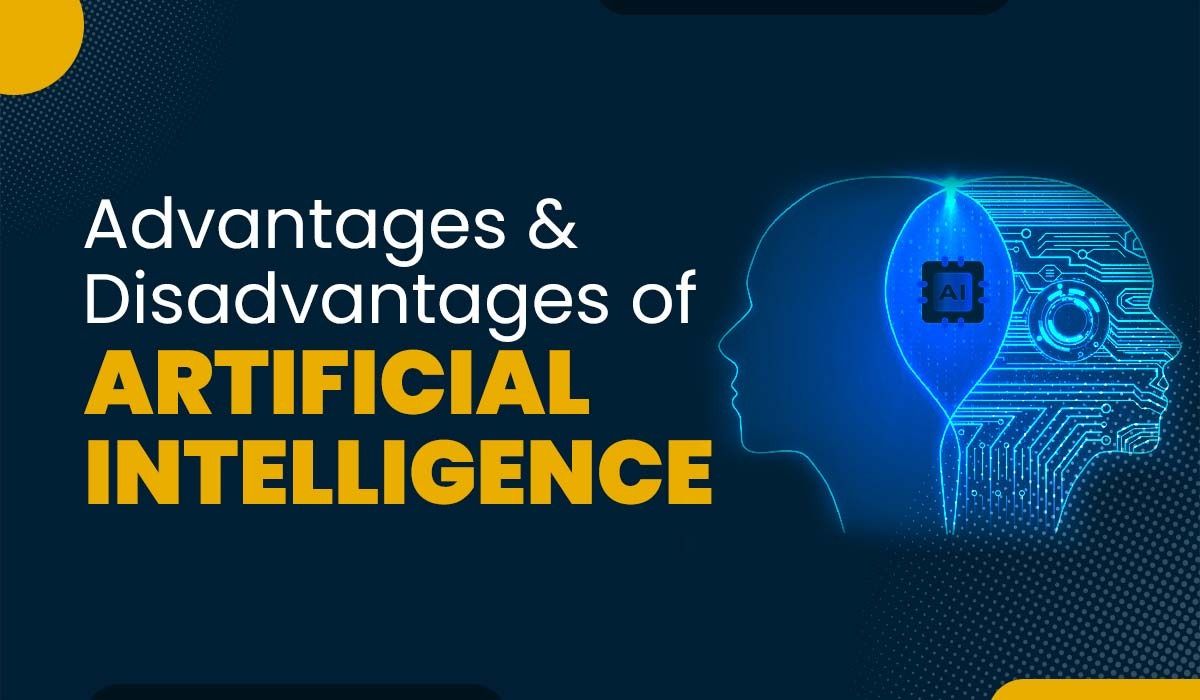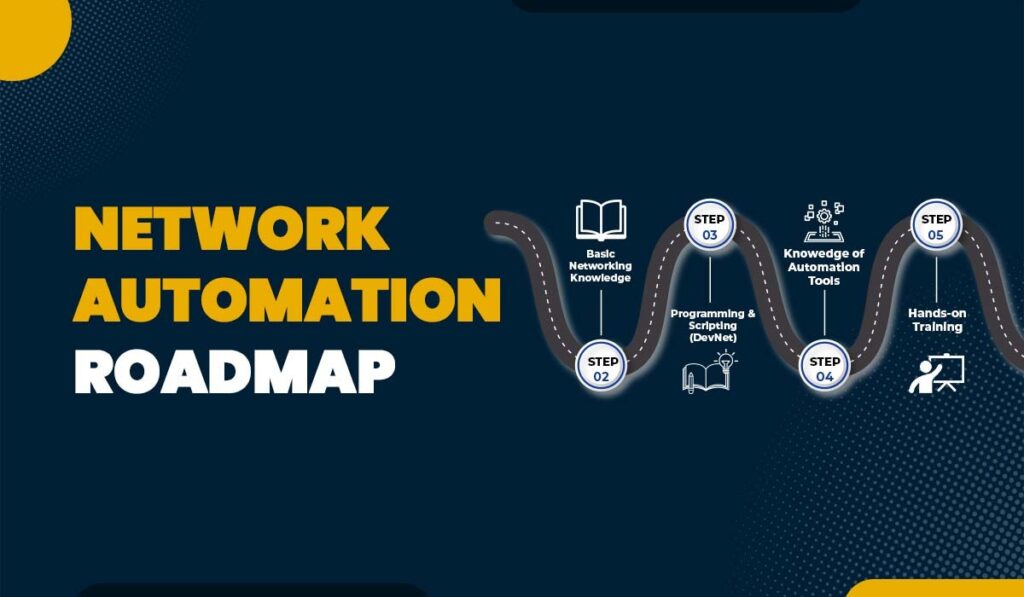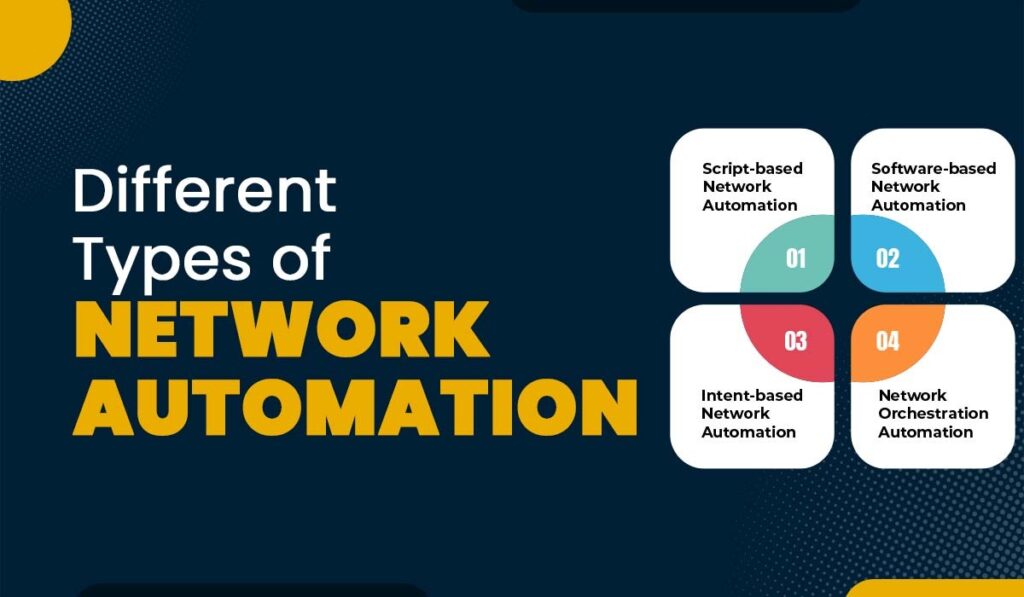Introduction
In recent years, AI has become one of the most popular and promising trends influencing all aspects of human life. AI has emerged as a friend, navigator, and companion such as Siri or Alexa, and more. AI can help in innovation and optimization of business decision-making processes. At the same time, it creates risks of job automation and numerous risks of misuse. Now, let’s take a closer look at the advantages and disadvantages of Artificial Intelligence in this blog and find out how this powerful tool can help us and what risks it implies. We recommend Artificial Intelligence and Machine Learning Course to learn the these trendiest technologies.
Before getting into more details, let us first understand what AI is.
What is Artificial Intelligence?
AI as a concept describes the actualization of systems and tools that are intelligent in characteristics like learning, reasoning and decision-making much in the same way as a human being. Such systems can analyze and understand data, and act as per their design to fulfil the needed goals.
It comprises of technologies like machine learning, natural language processing, deep learning, and computer vision that help a machine to copy human-like thinking, processing, and performing different actions as per the need. Since its use is relevant in many fields, AI can work to increase productivity and enhance decision-making process while creating different opportunities for development.
Artificial Intelligence in networking plays a crucial role in automating processes, optimizing performance, and enabling intelligent decision-making for efficient data management and connectivity.
Let us now discuss some of the advantages of artificial intelligence in detail.
Advantages of Artificial Intelligence
The advantages of Artificial Intelligence (AI) are numerous and have the potential to transform various aspects. Here are five key benefits of AI:
1. Efficiency and Productivity
AI is a very powerful tool that can improve efficiency and production in different areas and sectors. This means that, through the use of AI, organizations can save time and money and further allow their employees to focus on better and more important things.
For instance, in data entry, bookkeeping, and customer services, companies can use AI to perform these roles, freeing up human employees to do more sales, marketing, and research. Furthermore, the utilization of AI also brings beneficial impacts to businesses since it minimizes redundancy, enhances business procedures, and comes up with different ways to boost overall efficiency.
2. Enhanced Decision Making
AI boost decision-making capacity by bringing out some features and trends that the human mind may not easily understand. It also explores the ability of AI algorithms to handle large volumes of structured as well as unstructured data to reveal patterns and trends. With this, it is easier for an organization to make proper decisions, minimize the occurrence of mistakes and directly enhance its performance.
For instance, businesses or organizations can use AI-based analytics to forecast customer behavior, future trends, and appropriate pricing models. Moreover, through AI, an organization is also able to determine whether or not the business is facing any threats, including cyber threats and the possibility of the threat.
In matters concerning finance, health and even education, AI can assist in making better decisions. Since whatever decisions have been made, it depends on data and is likely to be better than those made on assumptions.
3. Personalization and Customer Experience
The inclusion of Artificial Intelligence into organizations will assist in offering improved and personalized customer experience. AI chatbots and virtual assistants can be used to offer better customer support service, as they offer continuous support, including answering customers’ questions, handling complaints and receiving feedback.
AI also assists in Market customization where messages and incentives are given to fit particular consumers due to their proposed or retrieved preferences, usage patterns, and even age, gender or location.
Moreover, AI is also able to assist organizations in enhancing their quality customer relations by assessing the customers’ responses and feelings as well as their behaviors so as to greatly improve the quality-of-service delivery. Apart from all this, AI can assist in generating targeted content, like custom videos and texts both in emails and messages, to make an interaction with individuals and to influence them.
4. Innovation and Development
AI can be viewed as the ability to generate innovations and develop new fields in industries and other domains. AI can assist organizations in creating new goods and services including self-driving vehicles, tailored medications, and smart homes. It can also be used to enhance existing businesses by increasing customers’ satisfaction with products and services such as chatbots, virtual assistants or language translators, among others.
For instance, AI technology in natural language processing means that organizations can work towards better language translation to help people communicate across different languages and cultures with ease.
AI can also be used to create new cutting-edge technology, such as blockchain, and also enhance existing technologies, such as the IoT.
5. Risk Reduction
One of the most crucial advantages of artificial intelligence is risk reduction. Artificial Intelligence can be of great use when it comes to minimizing risks and enhancing organizational safety in general. The use of an AI relies on its ability to receive, process, and diagnose various risks and threats, including machine breakdowns and natural disasters, among others.
For example, intelligent use of equipment failure can enable manufacturers to predict future failures and mitigate their occurrence, thereby cutting the time necessary for repair and increasing safety.
Also, it can assist an organization in finding potential dangers, including phishing attempts, and offer advice on how to counter them. In addition, AI is used to create stronger and more resistant systems to failure which is one of the notable challenges faced by organizations. In other words, hazard minimization through the application of AI increases an organization’s safety and lowers its expenses.
Apart from the advantages of artificial intelligence, there are some disadvantages of artificial intelligence also.
Disadvantages of Artificial Intelligence
While Artificial Intelligence (AI) has the potential to bring about numerous benefits, it also has several disadvantages that need to be considered. Here are four key disadvantages of AI:
1. Job Displacement
One of the most notable disadvantages of artificial intelligence is job displacement that can lead to unemployment. Advance Artificial Intelligence systems can actually do many things which were previously done by human beings, for example, entering data, customer service and production lines. This can result in a huge number of people losing their jobs, especially from organizations that have monotonous activities or tasks.
Although AI brings in innovation that can, in turn, introduce new job positions, such as AI developers and AI maintenance experts. Still, there is little chance AI will generate the same number of positions that it eliminates. Moreover, the new jobs that are generated may need training and upskilling processes that workers find hard to deal with.
2. High Implementation Costs
Another considerable disadvantage of artificial intelligence is that it is expensive to implement when compared to manual systems. AI system creation and implementation may be cost–prohibitive, especially for small and medium enterprises. The cost of acquiring AI software, hardware, and other accessories is expensive, and the cost of getting AI experts may also be expensive.
Furthermore, the adaptation of AI systems with current systems and settings proves to be extremely expensive in terms of time and/or money. Last of all, implementing as well as sustaining AI often includes expenses in software modification, repair, and renewal.
3. Ethical and Privacy Concerns
AI is also relevant to ethical considerations in which both privacy and ethical are of utmost importance. Since AI systems also collect and process significant amounts of information, the possibility appears that this information will be used in an unethical or intrusive manner.
For instance, AI can be employed to monitor people using their faces and make decisions that they have not agreed to, or AI predictive analytics tools can be used to make unfair decisions on people. Also, AI systems themselves may contain biased knowledge which means that they would continue to reproduce social and economic relations.
Therefore, good ethical practices as well as good governance policies have to be adopted and put into practice, so as to make sure that the AI is deployed right, honestly and responsibly.
4. Lack of Emotional Intelligence
AI systems do not possess what can be referred to as emotional intelligence; hence, they are not fit for some uses. AI is capable of identifying human emotions and even showing similar feelings in return. This may not be good for careers that involve more emotional issues such as counselling, teaching and nursing.
Moreover, abilities do not include feelings, and AI systems simply cannot grasp jokes, irony, sarcasm and other similar word games. Therefore, it is crucial to understand what AI lacks and to design a plan on how to approach the lack of sensitive assessment by them.
These are the advantages and disadvantages of Artificial Intelligence.
Frequently Asked Questions
Q1. What are the benefits of using AI in business?
Artificial intelligence can automate the tasks which can be done quickly and eventually help increase the efficiency of the business.
Q2. How does AI improve healthcare?
AI can analyze medical data quickly and can aid in early diagnosis, personalized treatment plans and can enhance healthcare quality.
Q3. How does AI enhance customer experience?
Yes, AI personalizes interactions, provides 24/7 support through chatbots, predicts consumer preferences, and enhances service efficiency, leading to better customer satisfaction.
Q4. What role does AI play in data analysis?
AI processes vast amounts of data rapidly, identifies patterns, generates insights, and supports strategic planning, allowing organizations to make informed decisions.
Conclusion
Artificial Intelligence has the potential to revolutionize various aspects of our lives, from enhancing efficiency and decision-making to driving innovation and development. Nevertheless, it also creates critical concerns such as job loss, high costs associated with its implementation as well as ethical considerations. So, understanding advantages and disadvantages of artificial intelligence is very important before making your mind up on this technology.
We need to carefully consider both the good and bad sides of AI. We must figure out how to reduce its harmful effects. This will help us maximize AI’s benefits for individuals and society, preventing any negative consequences.





